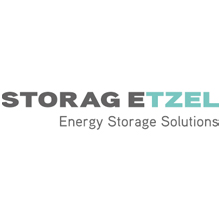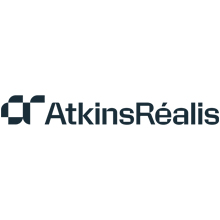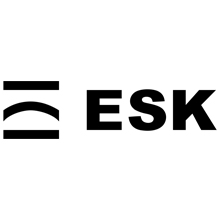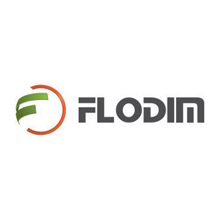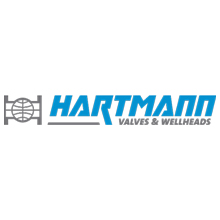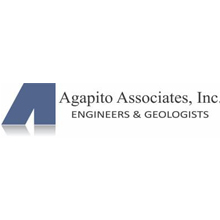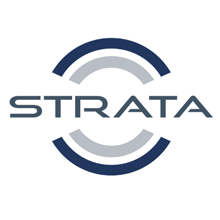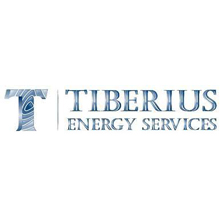Request for Proposals RFP2023-2 Through RFP2023-6 Based on SMRI Research Report RR2023-1 “Hydrogen Storage in Salt Caverns, Current Status and Potential Future Research Topics”
SMRI is please to share five new Request for Proposals (RFP) with our members and industry friends. These RFPs are issued based on recommendations from SMRI Research Report RR2023-1 “Hydrogen Storage in Salt Caverns, Current Status and Potential Future Research Topics.” Research on hydrogen storage in salt caverns has been carried out within the framework of SMRI for years. A number of research projects have been performed and completed in the past and further research needs have been identified in the last few years. The recent developments offer the opportunity to continue and intensify SMRI´s research activities in the field of hydrogen storage in caverns. The Research Committee expressed their high interest to continue research in this field. Therefore, the Committee developed the following RFPs in various segments of hydrogen storage in salt caverns. RFP2023-02: “Research on Microbial Induced Reactions in Hydrogen Salt Caverns”With the increasing demand for hydrogen storage, it is necessary to anticipate the risks associated with microbial activity and the induced chemical reactions in underground hydrogen storage. While hydrogen may provide an effective energy carrier for use by mankind, it can also serve as an accessible energy source for microbial metabolism. In salt caverns, the reactions catalyzed by microorganisms such as sulfate-reducers can induce risks of loss of stored hydrogen, risks of gas pollution by hydrogen sulfide (H2S) or risks of corrosion. To confirm the suitability of salt caverns as viable hydrogen storage sites, the expected proposal will investigate the microorganism’s population in salt caverns, measure the consumption of hydrogen and the production of H2S by these microorganisms in brines under representative conditions, develop models that replicate this reactivity and predict the effect of hydrogen storage in a salt cavern and if possible, measure the gas quality at the outlet of existing H2 caverns. Download the RFP for more information. RFP2023-03: “H2 - Natural Gas Blends Stratification Potential in Caverns”Many operators are currently studying the conversion of their natural gas storage sites to hydrogen, either 100% or with a blend. One of the knowledge gaps is the mixing behavior and possible stratification of hydrogen and natural gas, resulting from the competition between the lower density of H2 when compared to natural gas molecules (that tends towards stratification) and the diffusion and convection at play in the cavern (that tend towards homogeneous mixing of all gas molecules). This topic has different applications related to hydrogen storage in salt caverns. Download the RFP for more information. RFP2023-04: “Research on Mechanical Integrity Tests for H2 Storage Caverns”The MIT of the last cemented casing shoe is the basis for the evaluation of the tightness of a well with regard to the storage product. A successful MIT is a recommended practice, and a legal requirement for a start or continuation of a storage operation in many countries. Since the decisive invention of the nitrogen/brine Mechanical Integrity Tests (MIT) in the 1970’s, salt caverns have the advantage that their tightness can be tested quite accurately. The test procedure itself and the acceptance criteria may vary upon companies and/or countries, but are generally established. Successive projects in a given country/company use the same technique and acceptance criteria, in compliance with the relevant regulatory authority and company’s standards. The procedures to execute an MIT for a hydrogen storage cavern do not have similar established guidelines, even if they are expected to be similar to the current practice for natural gas caverns. SMRI is requesting proposals that will enhance industry understanding and recommended practices for MITs on cavern wells intended for hydrogen storage. Download the RFP for more information. RFP2023-05: “Research on repurposing existing caverns for H2-storage”As the use of fossil fuels reduces and the use of hydrogen increases there will be an impact on the cavern storage market. Currently, many caverns are in use for the storage of hydrocarbon energy carriers. A part of the demand for hydrogen storage could be met with repurposing existing caverns. Both existing storage caverns and brine production caverns could qualify. Research is needed to define clear guidelines for repurposing existing caverns to hydrogen storage caverns. The research interest for this RFP is to define guidelines, attention points and key criteria for repurposing existing caverns to safe, stable, and tight hydrogen caverns. Basic principles will be the same for any type of cavern repurposing. On top of that some specific issues may need to be addressed due to the unique properties of hydrogen. Different categories of repurposed caverns can be considered depending on the point that is addressed, such as former natural gas, liquid/liquified hydrocarbon storage, or brine production cavern(s). Therefore, the SMRI is requesting proposals that will enhance industry understanding and recommend practices for repurposing of existing caverns intended for future hydrogen storage. Download the RFP for more information. RFP2023-06: “Maximum Hydrogen Velocities in Tubing Strings”This Request for Proposals (RFP) is issued based on questions within SMRI Research Committee about whether the general accepted assessment for maximum allowed velocities in tubing strings for fluids in the Oil & Gas Industry (e.g., API RP 14E) could be applied for Hydrogen operation too. The API RP 14E guideline states that flowlines, production manifolds, headers and other lines transporting gas should be primarily sized based on flow velocity. As maximum allowed velocity and tubing sizing is an important parameter driving economics of hydrogen storage projects, this Request for Proposal is to verify the applicability of the maximum velocity in tubings and define the maximum velocity for different hydrogen storage situations. Such information will allow well designs to be optimized to maximize withdrawal rates and minimize tubing sizes. Download the RFP for more information. The overall objective of these studies is to provide a greater understanding of hydrogen storage operations. There are several possibilities for the approach to this work and specifics regarding the scope can be found within the RFPs. Responses to this RFP should be reasonably brief (less than 10 pages), describe the proposed effort and offer a succinct discussion of the respective technical approach. Proposals for any of the five proposals should be submitted in electronic form via email to Tim Bauer, SMRI Research Coordinator, ([email protected]), by 31 January 2024. Please email a statement of your interest or intentions to respond before 29 December 2023, so you can receive any updates or modifications to the RFP(s). Questions relating to the RFP(s) should be directed in writing (via email) to the Research Coordinator. Answers to questions that apply to all potential proposers will be forwarded to identified proposers. |




